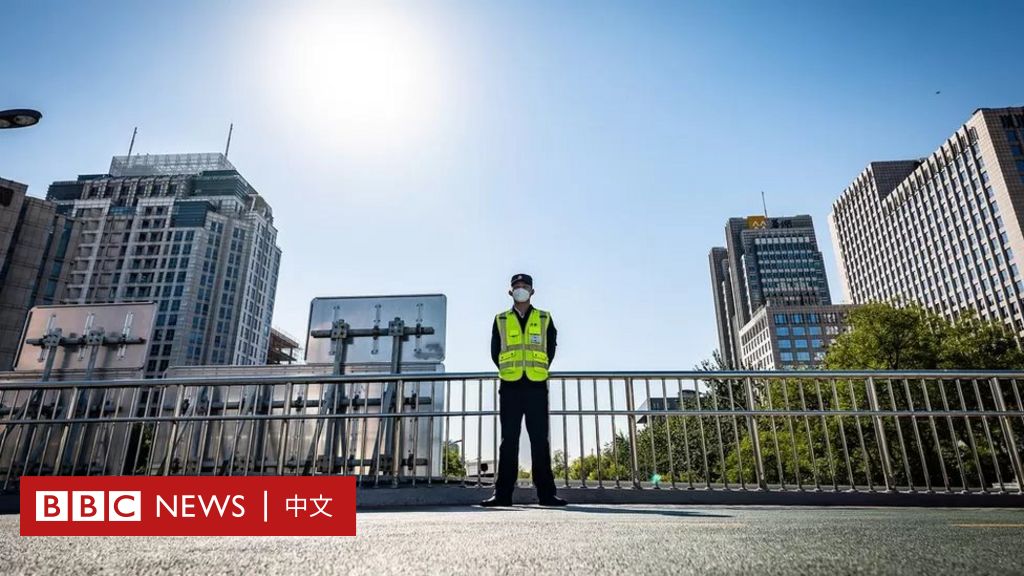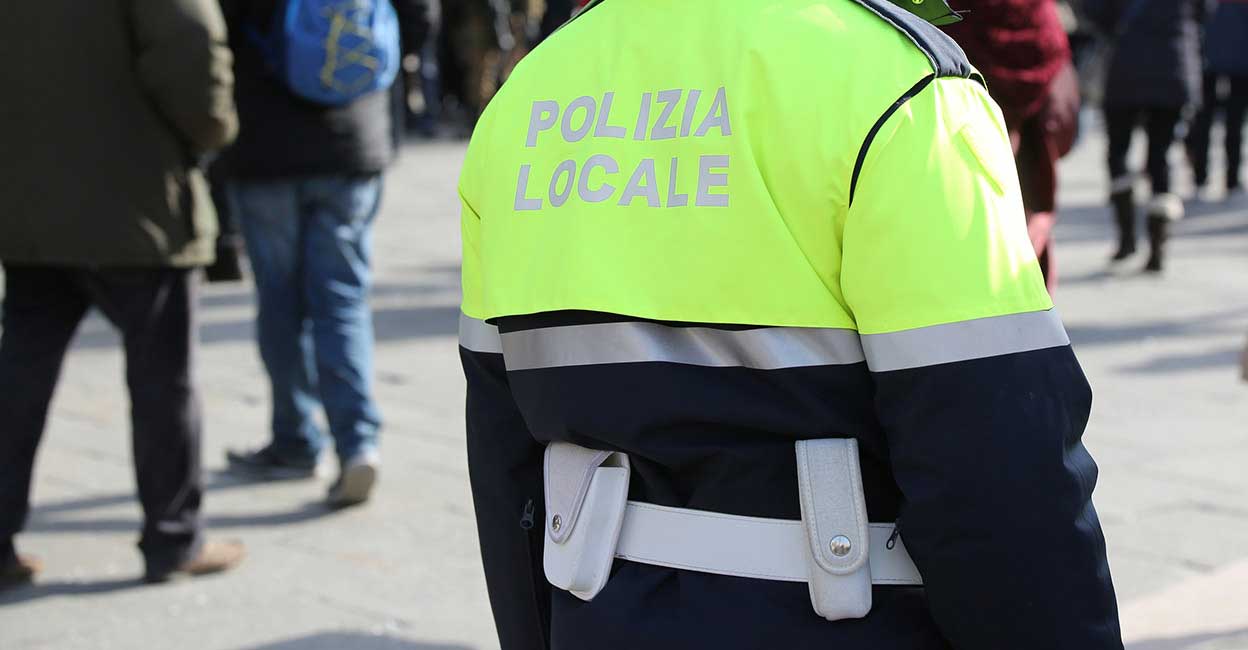image source,Internet
The 20th National Congress of the Communist Party of China has come to an end and leader Xi Jinping has remained in office as he wished, starting his third term and placing his henchmen in the Politburo and the Standing Committee of the Politburo, the central core authority of the CCP. . It didn’t seem to have caused waves on heavily censored Chinese social media.
But there are growing signs that dissatisfaction has rapidly escalated and spread after Xi Jinping’s break with his mandate conventions and inhumane measures to prevent the spread of the virus led to an increasingly severe livelihood crisis. of people and the economy.
On Monday (October 24), Hong Kong police announced the arrest of a 27-year-old man from mainland China for “intentional instigation”. He is accused of recently posting three posters on a Hong Kong Legislative Council bulletin board.
His posts included photos and slogans of the protests at the Sitong Bridge in Beijing, according to images released by the Hong Kong media. Another poster featured a portrait of Xi Jinping with the words “Out Dictator”.
Police said he was suspected of “inciting others to hate the central government or its leaders.”
On the eve of the 20th National Congress of the Communist Party of China, protesters hung banners on the Sitong Bridge northwest of the capital Beijing, accusing Xi Jinping of being a dictator and demanding his resignation. He is believed to have been arrested soon after, but the incident prompted many in and outside China to come forward to voice their grievances.
Some protest videos are also silently circulating on Twitter. One video showed two women unfolding a white banner and marching with their mates at night on what appeared to be a busy Shanghai shopping street. A clip shows that they also sang “The Internationale”.
The video shows the banners with handwritten black Chinese characters “I don’t want it, I don’t want it, I don’t want it”. These few password-like words may not be clear to many people, but many people are quick to associate them with the Sitong Bridge protest.
During the Sitong bridge incident, one of the banners hanging from the viaduct read: “No nucleic acid, but freedom, no lies, but dignity, no Cultural Revolution, reform, no leaders, no votes, no slaves, no citizens.”. Another banner called for the removal of Xi Jinping.
Similar public protests have been rare in China in recent years, particularly with uprisings by state leaders, which can lead to harsh sanctions. In 2018, a woman was sent to a psychiatric hospital after expressing dissatisfaction by spraying ink on a propaganda poster featuring a portrait of Xi Jinping in front of a building in Shanghai.
The ubiquitous cameras and facial recognition facilities in public places in China also made protesters invisible.
image source,Twitter
Sitong Bridge protest scene
Following the protests at the Sitong Bridge, Beijing has significantly tightened security measures, with additional police and volunteers deployed on many of the city’s bridges. Some call them “bridge watchers”.
However, according to images circulating on foreign social media such as Twitter and Instagram, similar protest slogans continue to appear in places not covered by Chinese surveillance cameras, such as bathrooms or public toilets.
It was said to be in the toilet of a Beijing cinema, with the words “anti-dictatorship, anti-nucleic acid” sprayed on the wall in large black letters.
“The spirit of 8964 will never be stifled,” graffiti wrote in a public bathroom in Sichuan, referring to the CCP’s bloody crackdown on pro-democracy students in Tiananmen Square in 1989.
Some have even used a more stealthy approach. Someone reportedly used an Apple phone’s Airdrop feature to send images of protest signals to other people’s phones in subway cars or on campus.
This spirit of resistance has also spread abroad. Similar slogans and posters have appeared on many college campuses and landmarks across the US, UK, Australia and other countries.
At Central Saint Martins in London, a poster with the words “Get off at the bus stop, take the blame and resign” and “Good Bye Jin Ping”. Some French Chinese even held a satirical show of “Welcome President Xi to the Throne”.
Following the Sitong Bridge protests, Beijing has significantly tightened security measures, with additional police and volunteers deployed on many of the city’s bridges. Some call them “bridge watchers”.
In recent months, many cities in China have also been shut down due to the new corona epidemic. After Shanghai, Xi’an, Chengdu and Shenzhen, the western cities of Xining and Lanzhou have again blocked large residential areas, with many residents turning to the internet for help due to food shortages and inability to seek medical care. .
He Mingxiu, a professor in the Department of Sociology at National Taiwan University, pointed out that after Deng Xiaoping’s reform and opening, China’s leadership has tended to swing between tightening and easing.
“But Xi Jinping doesn’t have that cycle, just increasing control. The ‘zeroing’ policy is just a feature of an increasingly authoritarian system that increasingly limits people’s freedoms.”
However, with Chinese authorities repressing and punishing such dissent, some believe these rebellious rumors will soon dissipate.
“Such personal protests are far from the collective action that the Communist Party fears … and are capable of stifling a greater threat than the four-way bridge protesters,” said Gao Feng, a political economy expert at Johns. Hopkins University. . He was referring to the Chinese authorities’ repression of intellectuals, activists and lawyers in recent years.
He said the civilian protests alerted the CCP to this “seed of dissatisfaction” and provided it with an excuse to further strengthen its hold.


